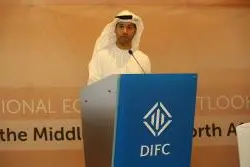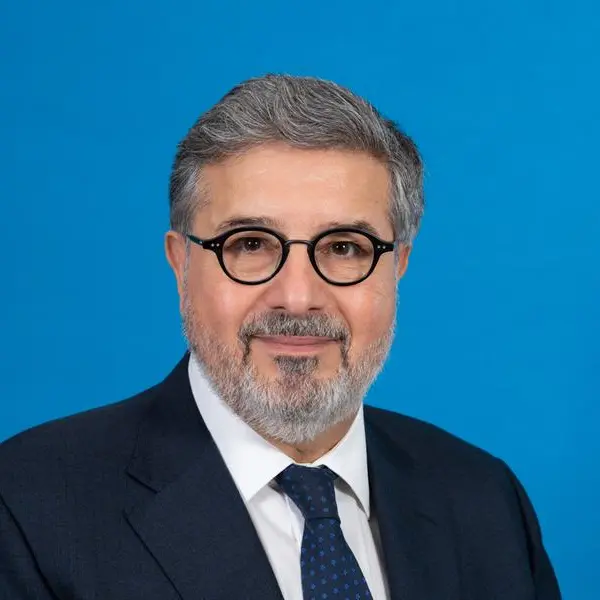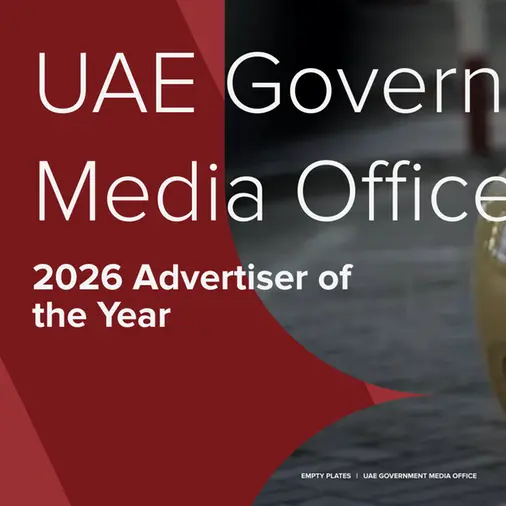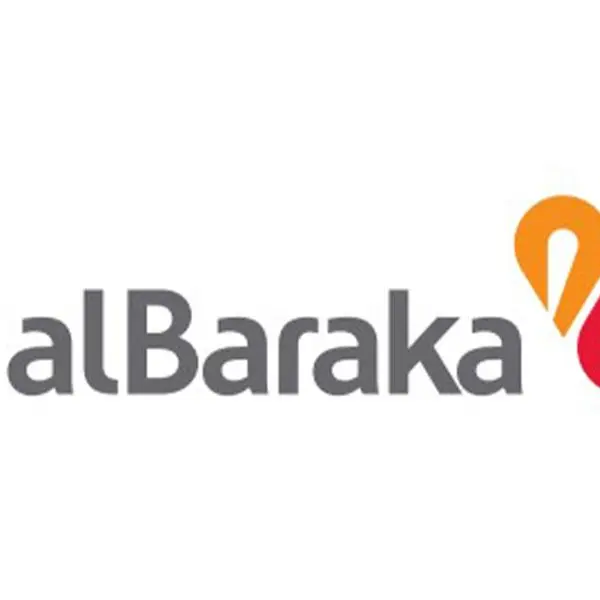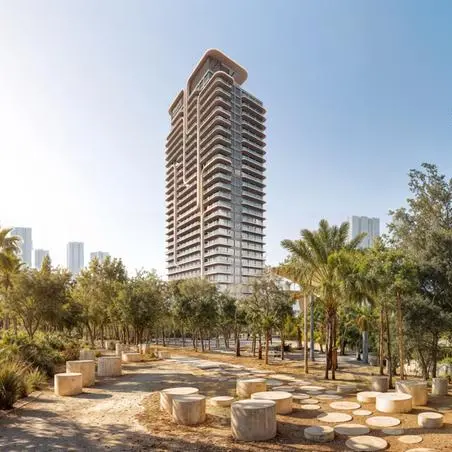PHOTO
DUBAI, UAE May 5, 2015
Dubai International Financial Centre (DIFC), the leading global financial hub supporting sustainable growth in the Middle East, Africa and South Asia, today concluded a conference in collaboration with the International Monetary Fund (IMF) to launch the Regional Economic Outlook (REO) Update for the Middle East and North Africa.
The conference drew the participation of senior executive officers from the business and finance landscape, including banks and capital markets, wealth and reinsurance companies.
The REO provided an analysis of the economic road ahead for the Middle East and North Africa (MENA) region against the backdrop of complex political, social, and economic changes. The discussions also provided forecasts of key economic indicators such as GDP growth, inflation, current account and fiscal balance.
In his welcome address at the joint regional outlook conference, Arif Amiri, Deputy Chief Executive Officer of DIFC Authority, underlined the sustainable growth of the UAE's economy due to the country's diversified investments in developing its non-oil sectors and key focus on construction, logistics, tourism, trade, retail, hospitality and finance.
Amiri said: "An increasing momentum across all non-oil sectors has propelled the UAE economy into a sustainable growth trajectory in 2015, allowing the country to shrug off the impact of tumbling oil prices given its fiscal and external current account positions. In addition, there has been an influx of wealth from markets like China, Russia and India with foreign direct investments (FDI) more than doubling to US$12 billion in 2014."
Citing the successful DIFC model, Amiri emphasized the financial centre's positioning to harness the increased cross-border trade and investment activity to develop Dubai and the UAE as centres of financial excellence within the region, and around the world. "Our focus, going forward, remains on establishing Dubai as the leading Islamic economy hub and leveraging the major growth of capital markets within the region," said Amiri.
Masood Ahmed, Director - Middle East and Central Asia Department, IMF said: "MENA oil exporters are using their accumulated savings to help dampen the impact of lower oil prices on growth. Over time, they will need to rationalize fiscal expenditure and accelerate reforms towards more diversified and private sector-led economies. After four difficult years, growth in oil importing countries is expected to accelerate from three percent in 2014 to four percent this year. However, there are downside risks from spillovers of conflicts in the region."
The event concluded with a panel discussion moderated by Lara Habib, moderator and presenter at Al Arabiya News. Participants included senior economists and analysts from the region, including Chirag Shah, Chief Strategy & Business Development Officer at DIFC Authority, Tim Fox, Chief Economist at Emirates NBD, and Alia Moubayed, Director and Head of Research for the Middle East and North Africa at Barclays.
-Ends-
© Press Release 2015
